Everything felt possible. Remember Leila Mustafa
By Lucas Chapman & Ali Ali
What does it mean to repair a destroyed city? Is it merely the construction of buildings or the restoration of collective hope?
Leila Mustafa, former co-chair of the Autonomous Administration-affiliated Raqqa Civil Council, passed away from medical complications on November 23rd this year. For six years, Mustafa had worked tirelessly to rebuild from the ashes a once-great city that had been first defiled as the capital of ISIS and then reduced to a heap of rubble. As their black flag fell, one determined woman personified the indomitable will to show the world that beauty can sprout from tragedy.
Upon the announcement of her passing, Syrians, Kurds, and international figures around the world began sending messages of condolence and support to Raqqa and the Autonomous Administration (AANES).
“Sad that Leila Mustafa, former Co-Chair of the Raqqa Civil Council, has passed away. She was a force of nature who oversaw the reconstruction of Raqqa after its liberation from the ISIS Caliphate,” former chair of the United States Commission on International Religious Freedom and long-time supporter of Rojava Nadine Maenza tweeted, attaching a picture of the two smiling together in Raqqa.
“The loss of Leila Mustafa is a loss for all the people of the city of Raqqa, and all areas of the Autonomous Administration in general,” Mohammad Nour al-Din, co-chair of the Raqqa Civil Council who had worked with Mustafa since 2019, told KCS.
Mustafa was born into a Kurdish family in 1988, in a village near the Rojava city of Girê Spî. Mustafa’s friends and colleagues describe her as viewing herself as a daughter of Raqqa, and she went on to study civil engineering in Raqqa, graduating in 2006.
When the Islamic State captured her beloved city, Mustafa and her family escaped to Heseke, where she stayed until the liberation of Kobanê. As early as 2015, she worked to rebuild cities which had been destroyed by ISIS. That year, she took on her first role as co-chair in Girê Spî, later working in Ayn Issa in order to prepare for the liberation of Raqqa. She became head of the Raqqa Civil Council in 2017, along with Sheikh Mahmoud al-Bursan, her co-mayor, representing the region’s Arab tribes.
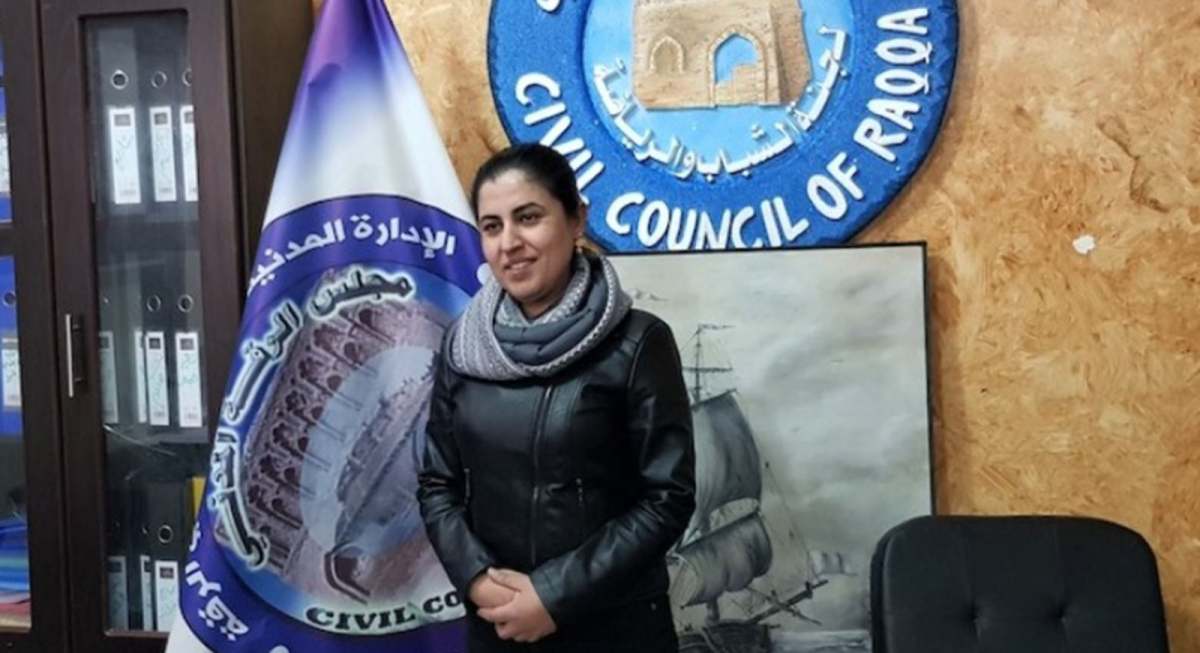
Mustafa had her work cut out for her from the start; more than 80% of Raqqa had been ravaged by the Islamic State and the subsequent Coalition airstrikes and battles that followed.
The city was “a garden of rubble and mines,” said Nour al-Din, adding, “Leila Mustafa, with the administrative staff of the Raqqa Council in all its committees and offices, rehabilitated infrastructure and basic services for the people and returned them to their homes in order to return life and spirit to the city of Raqqa with almost non-existent capabilities… her hope for building the city of Raqqa has now been implemented on the ground.”
Mustafa also oversaw the reconstruction of the bridges into and out of the city, providing the war-ravaged population with critical lifelines.
In 2019, Mustafa described the achievement, recounting:
“When we first liberated Raqqa, it was a pile of mines and destruction. All the infrastructure was destroyed: education, health, humanitarian side. No place in the world has seen such destruction as Raqqa. With the efforts of the SDC [Syrian Democratic Council] and also the support from humanitarian organizations, we have achieved a big milestone.”
Though an ethnic Kurd, Mustafa was beloved by Kurds, Arabs, and all the diverse groups that made up Raqqa’s population. She was dedicated not just to rebuilding useful and practical infrastructure but also the defining cultural and historic features of the city.
“Mustafa was not just a Kurdish girl. She saw herself as a daughter of the city of Raqqa and considered all the people of the city of Raqqa to be her people, from all walks of life. Her closeness to the people and components was balanced and she did not distinguish between sects or religions,” said Nour al-Din.
Nour al-Din added that Mustafa was determined to rebuild both the destroyed Armenian church in the city, as well as the city’s Grand Mosque, “which had an impact on the people of Raqqa and was the most important feature for the city.”
Mustafa’s efforts eventually drew the attention of those outside of the city and the country.
“I was totally shocked by the news of her death. She was super charismatic. She was spitting in Daesh’s face. It’s a tragedy that she died,” Jeremie, the coordinator of an unnamed international NGO who worked alongside Mustafa from 2019 to 2021, told KCS.
“I haven’t met many officials like her, to be honest,” Jeremie, whose work in the humanitarian sector has taken him all over the Middle East and the world, said.
“One of the first public things that she did in Raqqa when I was there… was to rebuild the lighting systems. I remember, it was a big deal, and everyone was concerned with other priorities at the time. But when you think about it, for Raqqa after Daesh, bad lighting at night was important for security – particularly for women. In this sense, she was thinking about the people of Raqqa as individuals,” he stated.
Jeremie described the ease of working with Mustafa, who would often approach NGOs with projects tailored to their specialties and connect humanitarian organizations with civilians who could help them rebuild the shattered city in the most inclusive way possible.
In 2021, Mustafa won the World Mayor Jury Award, which the City Mayors Foundation awards to “the world’s most outstanding mayors, mayors who have served their fellow citizens with integrity, courage, and diligence,” according to the project’s website. The 2021 award was given specifically to mayors “who have shown outstanding leadership during the Covid-19 pandemic.”
“In a society dominated by tribal rivalries and a tribal society dominated by Arab men, as a young woman and a symbol for all Arab and Kurdish women, Leila demonstrates on a daily basis with her communication and behavior how traditional conflicts can be overcome by collaboration and a commitment to a joint enterprise,” read the essay supporting her nomination.
“Leila has the determination and courage not to be defeated by these major problems, obstacles and threats to life. She shows on a daily basis, through her energy and commitment how people from different levels of this society can work together both at strategic Civil Council level but also, and perhaps more significantly on the front line. As joint president, Leila shows extraordinary energy and leadership by continuing to build coalitions of people to rebuild Raqqa. Her aim is not just to rebuild Raqqa but to help create a civil society built on democracy and reconciliation,” the essay continued.
In the last period of her life, Mustafa suffered from liver problems and was transferred to Damascus for treatment. While undergoing surgery, she sadly passed away at age 35.
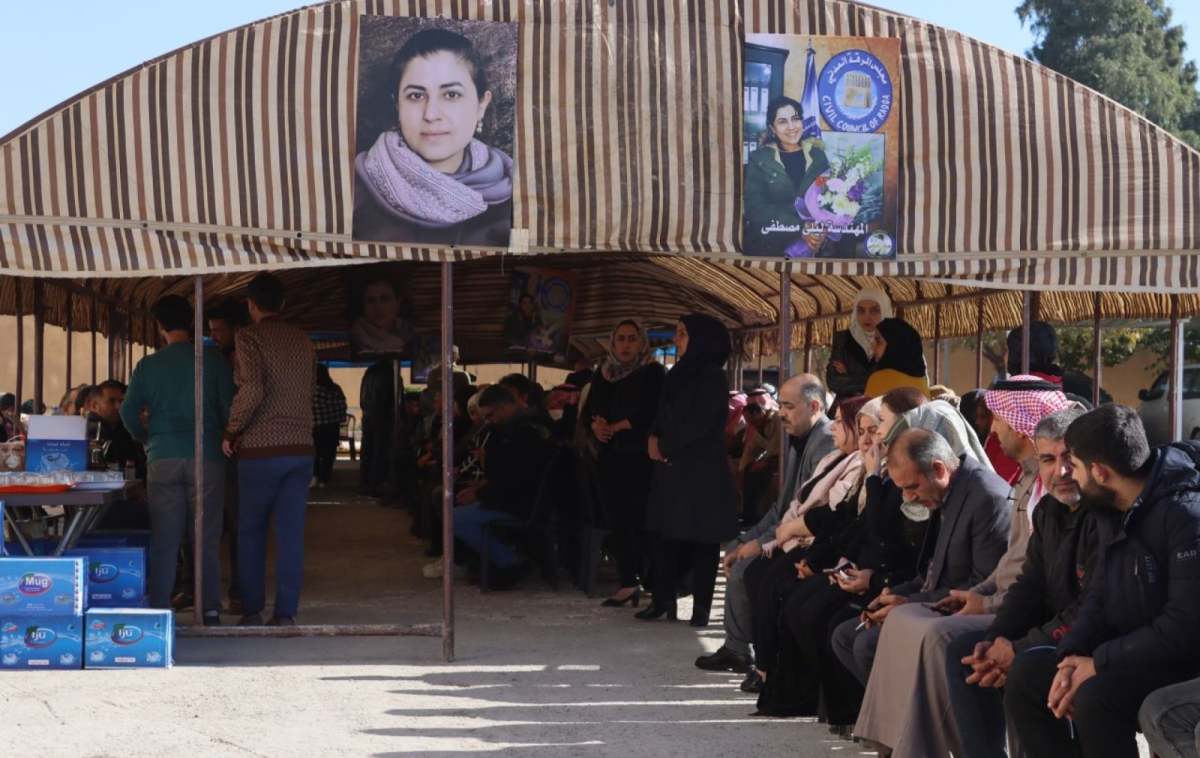
SDF General Mazloum Abdî, eulogized Mustafa as “a symbol of a free and ambitious woman” who “led the rehabilitation process after defeating ISIS’ radical mentality”; describing her as “a great leader and symbol of equality and humanity.” Likewise, Îlham Ehmed, Executive Committee President of the SDC described Mustafa as a “free young woman with determination and initiative in strengthening the bonds of fraternal relations between the people of Raqqa and all its cultures.”
The freelance journalist Solin Muhammed Amin remembered Mustafa as “a symbol of support and encouragement for ambitious women striving for success.” Adding, “She never hesitated to provide assistance and collaboration in my journalistic work and feminist activities.” Ultimately, Amin provided a fitting epitaph, summarizing that, “Her memory will remain alive in the hearts of those who benefited from her efforts in rebuilding Raqqa.”
In addition to being commemorated by the City Mayors Foundation, Mustafa was immortalized in the French documentary 9 Days in Raqqa.
“The most important thing is that we were freed from the nightmare called ISIS,” Mustafa recalls to the documentarian, whose film was shown around the world and was part of the Cannes official selection in 2020. “Everything feels… possible,” she says to the camera with a smile. And thanks to her steadfast leadership, for the women of Raqqa, it still is.
The trailer for 9 Days in Raqqa can be → viewed here
Authors
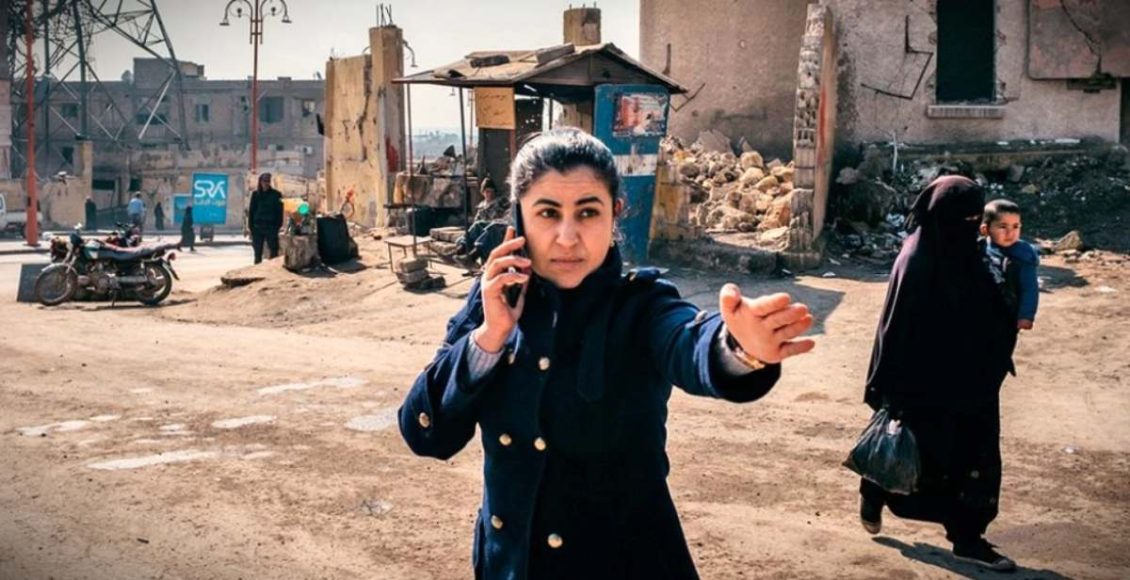
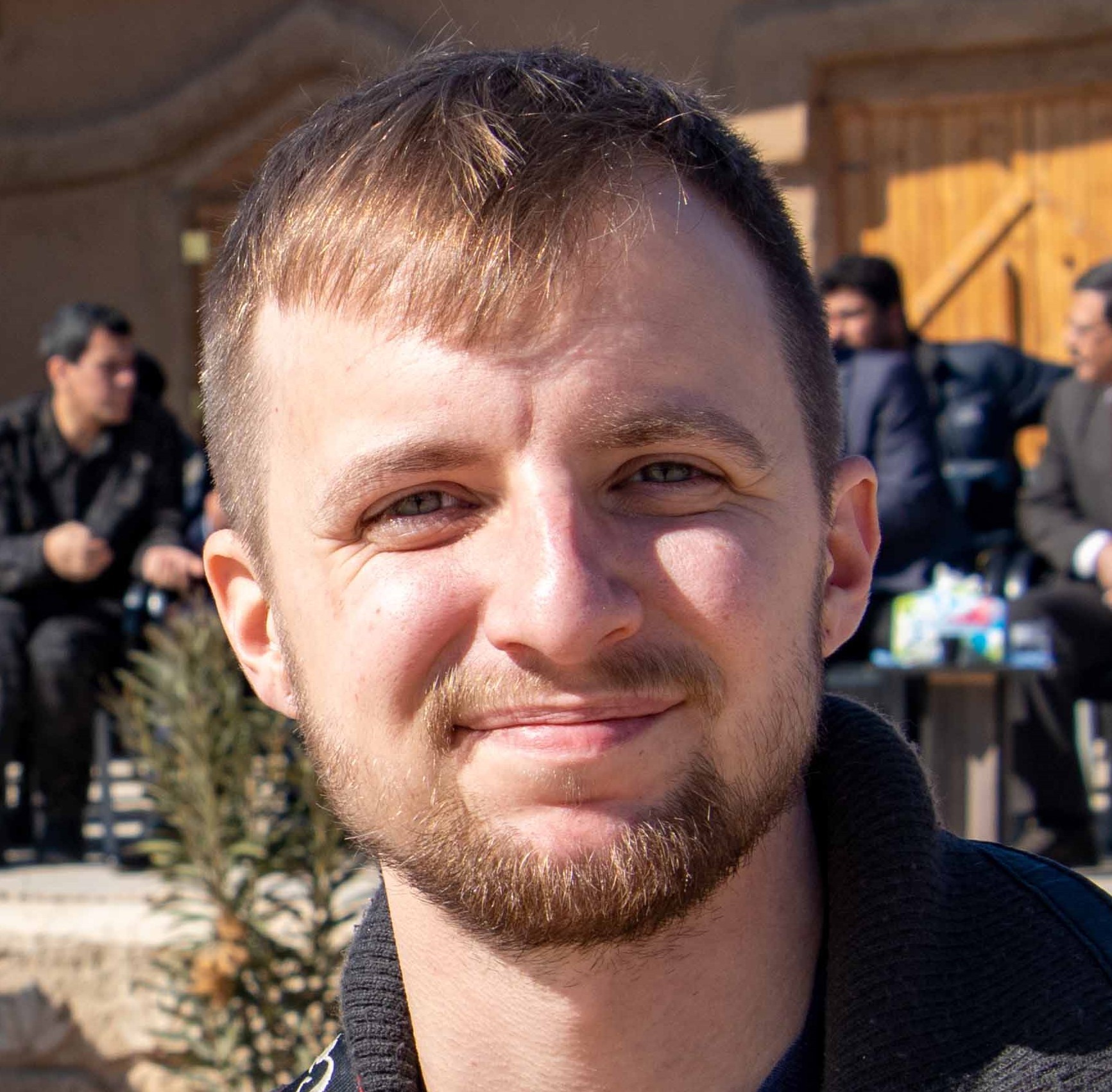
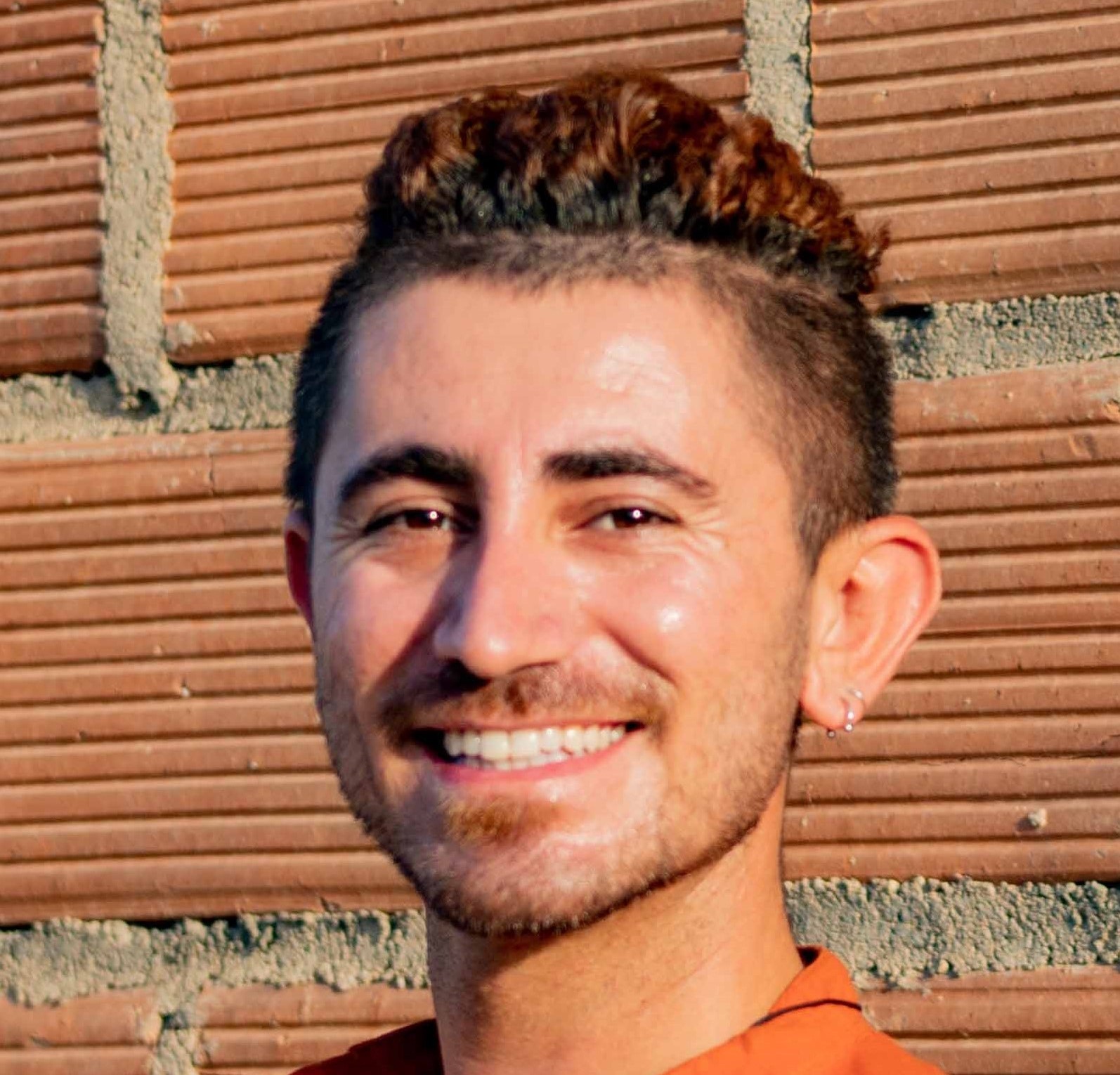
Kommentare
Kommentar veröffentlichen